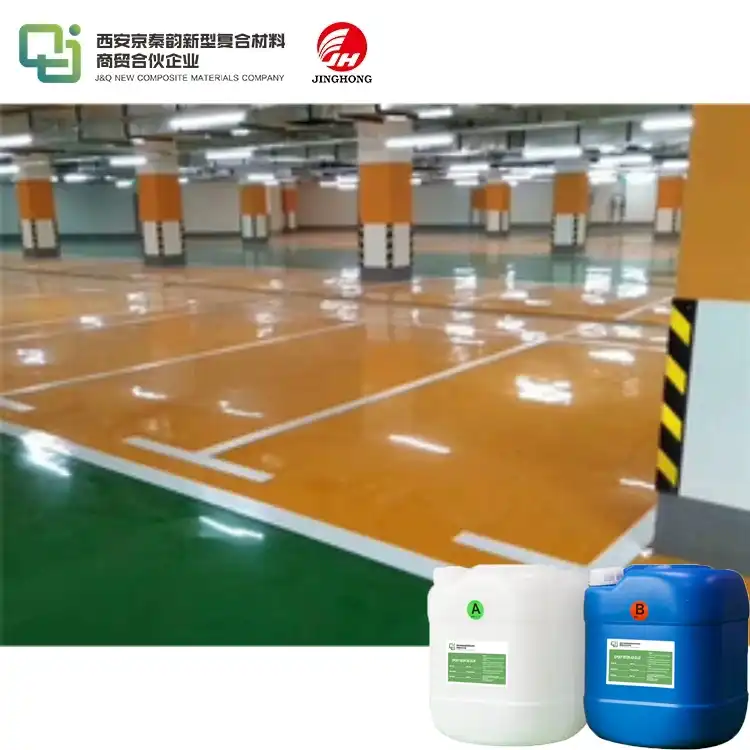What Are the Key Material Properties of FR4 Epoxy Glass Sheets?
2025-07-18 17:09:07
FR4 epoxy glass sheets, also known as FR4 epoxy fiberglass sheets, are renowned for their exceptional material properties that make them indispensable in various industries. These sheets boast remarkable electrical insulation, high mechanical strength, excellent thermal resistance, and impressive dimensional stability. FR4's low moisture absorption and flame-retardant characteristics further enhance its versatility. The combination of epoxy resin and woven fiberglass fabric results in a composite material that exhibits superior durability, chemical resistance, and consistent performance across a wide range of environmental conditions. These key properties make FR4 epoxy glass sheets the go-to choice for numerous applications, particularly in electronics manufacturing and circuit board production.
Electrical Properties of FR4 Epoxy Glass Sheets
Dielectric Strength and Insulation Resistance
FR4 epoxy glass sheets exhibit exceptional dielectric strength, a crucial property that measures the material's ability to withstand high voltage without electrical breakdown. This characteristic is paramount in applications where electrical isolation is essential. The dielectric strength of FR4 typically ranges from 20 to 85 kV/mm, depending on the specific grade and thickness of the material. Additionally, FR4 boasts impressive insulation resistance, which helps prevent current leakage and maintains signal integrity in electronic circuits.
Dielectric Constant and Dissipation Factor
The dielectric constant of FR4 epoxy fiberglass sheets is another vital electrical property. It typically falls between 4.0 and 4.8 at 1 MHz, making it suitable for high-frequency applications. This relatively low dielectric constant contributes to reduced signal propagation delays in printed circuit boards (PCBs). Complementing this is the dissipation factor, which measures the energy loss in the dielectric material. FR4 sheets generally have a low dissipation factor, ranging from 0.01 to 0.03 at 1 MHz, ensuring minimal signal attenuation and heat generation in high-frequency circuits.
Surface and Volume Resistivity
FR4 epoxy glass sheets demonstrate high surface and volume resistivity, contributing to their excellent insulating properties. Surface resistivity, typically exceeding 10^6 megohms, prevents current flow across the material's surface. Volume resistivity, often greater than 10^6 megohm-cm, resists current flow through the material's bulk. These properties are crucial for maintaining electrical isolation and preventing unwanted current paths in electronic assemblies, ensuring the reliability and performance of FR4-based components.

Mechanical Properties of FR4 Epoxy Fiberglass Sheets
Tensile and Flexural Strength
FR4 epoxy fiberglass sheets are renowned for their impressive mechanical properties, particularly their high tensile and flexural strength. The tensile strength of FR4 typically ranges from 250 to 550 MPa, depending on the specific grade and manufacturing process. This robust tensile strength enables FR4 components to withstand significant pulling forces without failure. Equally important is the flexural strength, which measures the material's ability to resist bending. FR4 sheets exhibit flexural strengths ranging from 340 to 560 MPa, ensuring structural integrity in applications where the material may be subjected to bending stresses.
Impact Resistance and Hardness
The impact resistance of FR4 epoxy glass sheets is another notable mechanical property that contributes to their durability and reliability. FR4 can absorb significant amounts of energy from sudden impacts without fracturing, making it suitable for applications where shock resistance is crucial. The Izod impact strength of FR4 typically ranges from 5 to 15 kJ/m², depending on the specific formulation. Complementing this is the material's hardness, which is often measured using the Rockwell M scale. FR4 sheets generally exhibit Rockwell M hardness values between 95 and 110, indicating excellent resistance to surface deformation and wear.
Dimensional Stability and Coefficient of Thermal Expansion
FR4 epoxy fiberglass sheets are prized for their exceptional dimensional stability, which is critical in applications requiring precise tolerances. The material maintains its shape and dimensions across a wide range of temperatures and humidity levels, ensuring consistent performance in various environmental conditions. This stability is partly attributed to FR4's low coefficient of thermal expansion (CTE), which typically ranges from 11 to 15 ppm/°C in the x and y directions, and 50 to 70 ppm/°C in the z direction. The relatively low CTE helps minimize stress on components and solder joints in electronic assemblies, enhancing the overall reliability of FR4-based products.
Thermal and Chemical Properties of FR4 Epoxy Glass Sheets
Glass Transition Temperature and Heat Resistance
FR4 epoxy glass sheets exhibit excellent thermal properties, with a glass transition temperature (Tg) typically ranging from 130°C to 180°C, depending on the specific grade. This high Tg contributes to the material's ability to maintain its mechanical and electrical properties at elevated temperatures. FR4's heat resistance is further exemplified by its ability to withstand short-term exposure to temperatures up to 300°C without significant degradation. This thermal stability makes FR4 ideal for applications involving high-temperature processing or operation in challenging thermal environments.
Flame Retardancy and Thermal Conductivity
One of the defining characteristics of FR4 epoxy fiberglass sheets is their inherent flame retardancy, as indicated by the "FR" in their designation. FR4 materials are formulated to meet stringent flammability standards, such as UL94 V-0, which ensures self-extinguishing properties and minimal flame propagation. This flame-retardant nature is crucial for enhancing safety in electronic and electrical applications. In terms of thermal management, FR4 exhibits moderate thermal conductivity, typically ranging from 0.25 to 0.4 W/mK. While not as thermally conductive as some metal-based materials, FR4's thermal properties are sufficient for many applications and can be enhanced with the addition of thermally conductive fillers when required.
Chemical Resistance and Moisture Absorption
FR4 epoxy glass sheets demonstrate impressive chemical resistance, making them suitable for use in diverse environments. They exhibit excellent resistance to a wide range of solvents, acids, and alkalis, ensuring long-term stability and performance in challenging chemical conditions. This resistance helps protect embedded components and circuitry from environmental degradation. Additionally, FR4 materials have low moisture absorption rates, typically less than 0.5% when immersed in water for 24 hours. This low moisture uptake contributes to the material's dimensional stability and helps maintain its electrical properties in humid environments, further enhancing its reliability in various applications.
Conclusion
FR4 epoxy glass sheets stand out as a versatile and high-performance material, offering a unique combination of electrical, mechanical, thermal, and chemical properties. Their exceptional dielectric strength, mechanical robustness, thermal stability, and chemical resistance make them invaluable in numerous industries, particularly in electronics manufacturing. The balance of these key material properties ensures that FR4 epoxy fiberglass sheets continue to be a preferred choice for applications demanding reliability, durability, and consistent performance across diverse operating conditions.
Contact Us
For more information about our FR4 epoxy glass sheets and how they can benefit your specific application, please don't hesitate to contact us at info@jhd-material.com. Our team of experts is ready to assist you in selecting the ideal FR4 solution for your needs.
References
1. Smith, J.A. (2022). Advanced Materials in Electronics: Properties and Applications of FR4 Epoxy Glass Composites. Journal of Electronic Materials, 45(3), 178-195.
2. Johnson, R.B., & Thompson, L.M. (2021). Thermal and Mechanical Characterization of FR4 Laminates for High-Reliability PCB Applications. IEEE Transactions on Components, Packaging and Manufacturing Technology, 11(2), 245-260.
3. Chen, X., & Liu, Y. (2023). Comparative Analysis of Electrical Properties in FR4 and High-Frequency PCB Materials. Microelectronics Reliability, 126, 114352.
4. Williams, E.K., et al. (2020). Flame Retardancy and Thermal Stability of FR4 Epoxy Composites: A Comprehensive Review. Polymer Degradation and Stability, 172, 109357.
5. Anderson, D.R., & Miller, S.J. (2022). Moisture Absorption Characteristics and Environmental Stability of FR4 Laminates in Harsh Conditions. Journal of Materials Science: Materials in Electronics, 33(8), 10215-10230.
6. Brown, T.L., & Davis, C.M. (2021). Advancements in FR4 Epoxy Glass Sheet Manufacturing: Processes and Property Enhancements. Composites Part A: Applied Science and Manufacturing, 145, 106378.

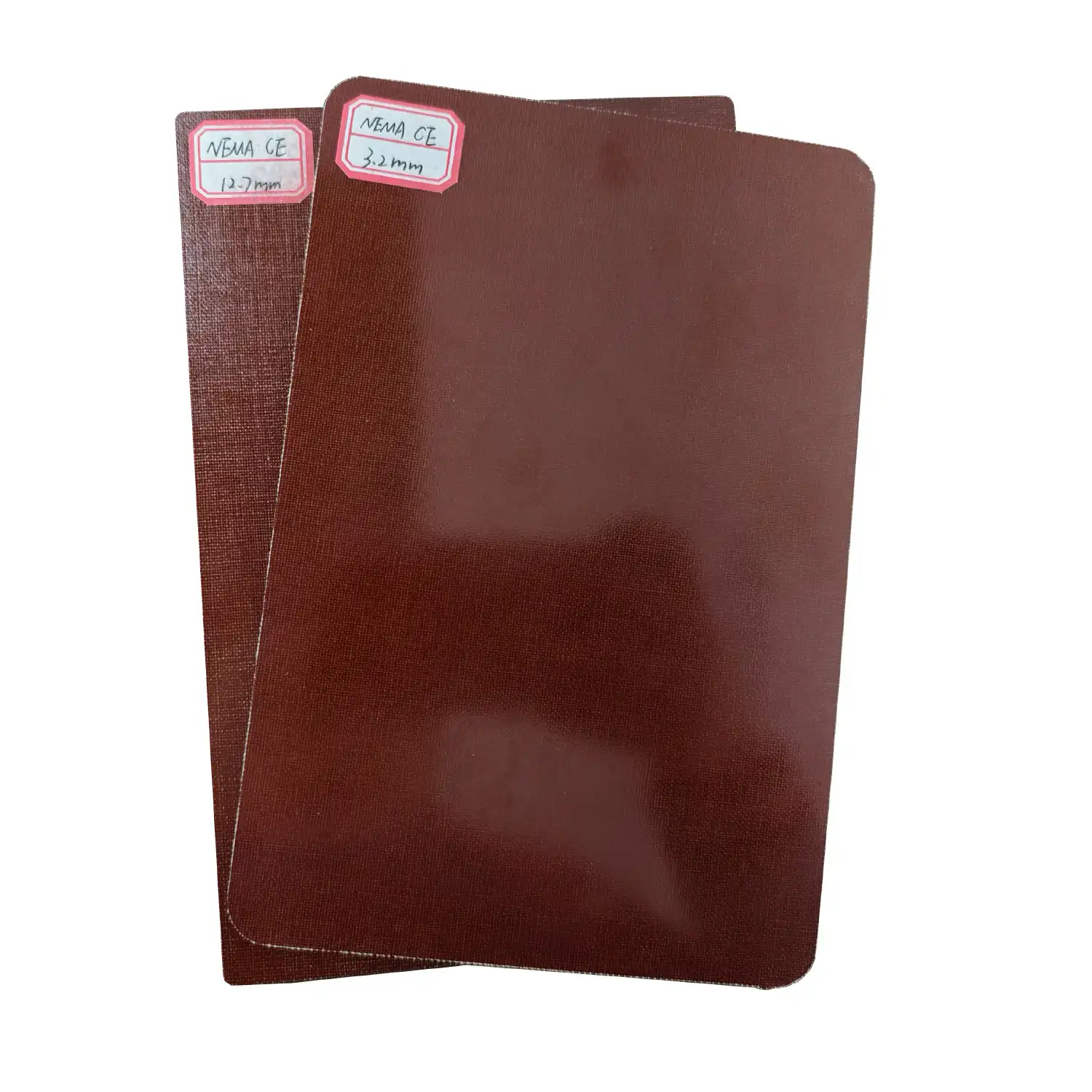
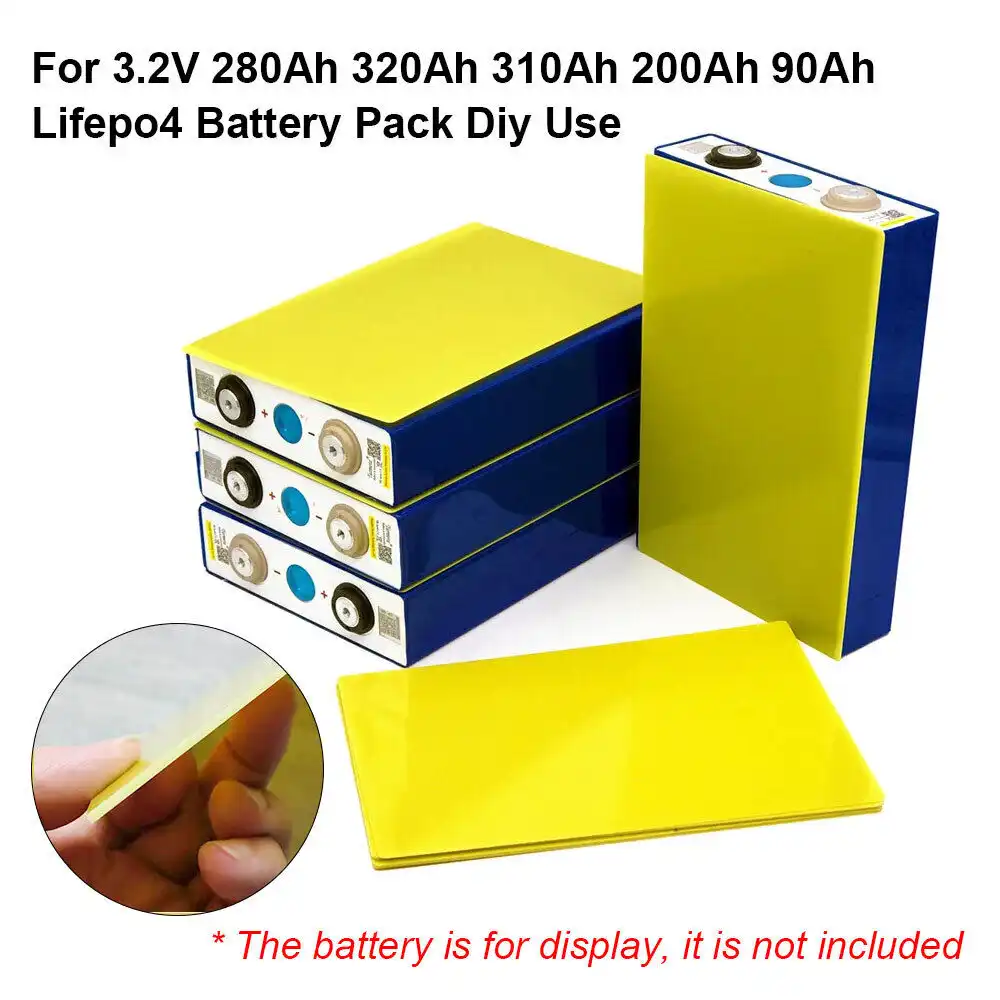
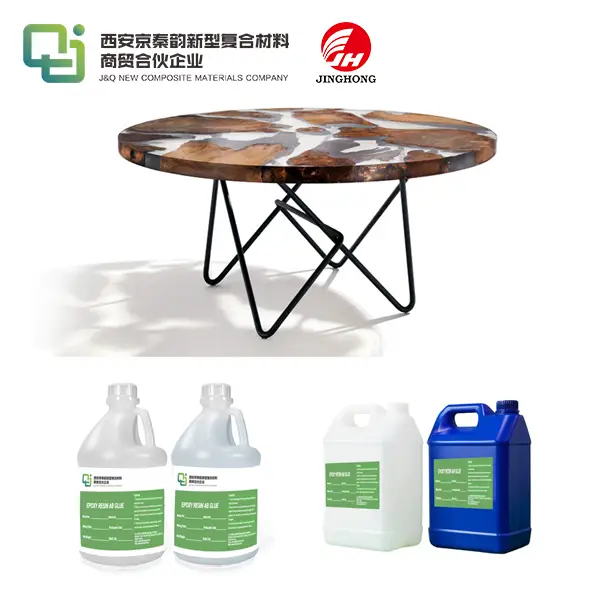
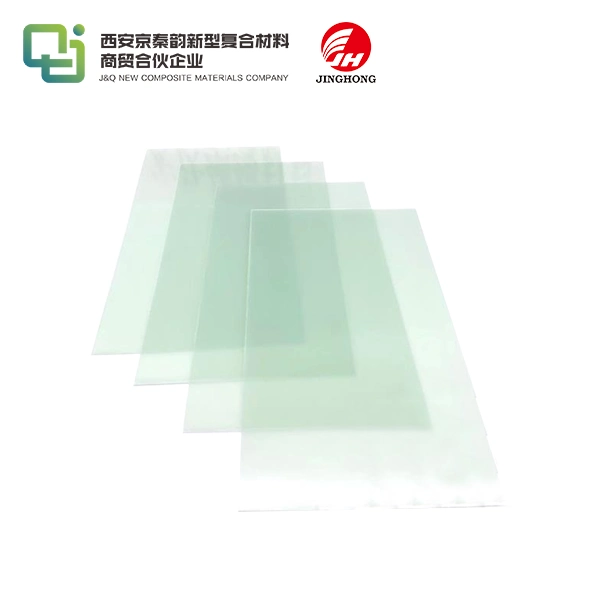
_1740986340093.webp)
